Compliance with business ethics and extending ethical standards to contractors are just two of the key factors behind sustainable development for big business. In accordance with its ESG principles and Sustainable Development Strategy, SIBUR strives to build and maintain ethical and socially responsible relationships with its partners, which are now regulated by the new Counterparty Code of Business Conduct.
Ethical business
The COVID-19 pandemic has changed the way people live their lives and communities’ function, and how organisations conduct business. During these tough times, business leaders have had to make a number of new strategic decisions that will have an impact on the business community in the coming years. Among them: strengthening their business’ reputation and compliance with ethical standards in all areas of activity.
The Counterparty Code of Conduct includes not just internal requirements for the work of employees and the interaction with customers, and other aspects, but also external requirements for partners and counterparties
To do this, more and more Russian companies are starting to follow international practices and develop their own Codes of Business Conduct. Nowadays, this kind of document is a key element of the international standard for doing business. For companies working with foreign partners and in foreign markets, compliance with ethical requirements is a must.
In general, a Code of Business Conduct is used to define, implement and support the corporate standards and principles that make up the way a company does business. It includes not just internal requirements for the work of employees and the interaction with customers, and other aspects, but also external requirements for partners and counterparties. Only a multi-pronged approach can allow a company to fully protect its corporate reputation: in the era of transparent and socially responsible business, how you do business is just as important as who you do it with.
The urgency of this was confirmed in the EY Global Integrity Report, released in mid-2020. Surveys were conducted in 33 countries and covered 3,600 employees (including 100 from Russia), from the board to the shop floor.
“COVID-19 is a test for business integrity. Those who pass will differentiate themselves as seldom before. Those who fail are likely to be held accountable after this crisis has passed for any abuse of trust by unforgiving governments, shareholders, consumers and the public at large,” writes Andrew Gordon, Leader, EY Global Forensic & Integrity Services, in his introductory remarks.
The EY Global Forensic & Integrity Services study shows that the COVID-19 pandemic has increased the level of risk in problematic areas of business. Almost a third (30%) of respondents are willing to sacrifice integrity for a promotion or personal financial gain
Extending the highest standards of business conduct to suppliers and contractors is the next step in creating an ethical business environment around the company. “In international practice, the introduction of a supplier code is the first step in the implementation of a comprehensive supply chain management system, which also includes measures to ensure monitoring and confirmation of compliance. The ultimate goal of these kinds of initiatives is to ensure that consumers are confident that their products comply with the sustainability principles at all stages of their life cycle,” comments Vladimir Lukin, Director, Operational Risk and Sustainability, KPMG in Russia and the CIS.
Stop corruption!
The EY Global Forensic & Integrity Services study shows that the COVID-19 pandemic has increased the level of risk in problematic areas of business. Almost a third (30%) of respondents are willing to sacrifice integrity for a promotion or personal financial gain. In addition, the report showed that this behaviour is common and can be exacerbated during turbulent times, as employees are afraid of losing their jobs. The respondents believe that a reduction in employee benefits and compensation (24%) and the increase in the probability of dismissal (22%) were the most common causes of unethical conduct during the pandemic.
To overcome this, EY’s analysts recommend putting an integrity agenda at the heart of their business to protect against misconduct. In practice, everyone should be guided by it: from the CEO and members of the management board to ordinary employees and business partners.
The SIBUR Code of Corporate Conduct and its main provisions guarantee partners full transparency and fair business conduct on the part of the Company. If any of the Company’s employees shows bias towards a counterparty, carries out their duties in bad faith, or is involved in any forms of corruption, the partner must immediately report the violation to the Company’s representatives, who will ensure that an unbiased, objective investigation is carried out and that appropriate measures are taken against the offenders.
The Counterparty Code of Corporate Conduct obliges counterparties to comply with all laws and regulations on combating corruption, money laundering and the financing of terrorism. In addition, we take a zero tolerance approach to giving bribes, commercial bribery and abuse of power. This applies in particular to offering financial incentives to SIBUR employees: it is unacceptable for counterparties to attempt to influence them with money, gifts, free services, etc. in order to obtain any benefits or privileges.
Compliance with both codes scales up SIBUR’s practices outside the Company and minimises ethical risks in the value chain.
The respondents to the EY Forensic survey believe that a reduction in employee benefits and compensation (24%) and the increase in the probability of dismissal (22%) were the most common causes of unethical conduct during the pandemic
A code for counterparties
SIBUR’s Counterparty Code of Business Conduct defines the corporate social responsibility requirements of SIBUR LLC, the enterprises under PJSC SIBUR Holding, as well as organisations with which SIBUR enters into business relationships. For the Company, this is one of the elements of our sustainable development strategy.
This document underlines the fact that the Company values its reputation and strives to strengthen the level of trust it receives from the business community. SIBUR is only prepared to work with counterparties that have a flawless reputation, and comply with legislation and international standards, as well as generally accepted norms of corporate and business ethics. On top of this, it is vital that partners respect human rights and pay due care to the health and safety of their employees.
“It is essential that organisations can fully trust the third parties they work with. This trust needs to be built up through a careful programme of risk-based screening,” explain EY Global Forensic & Integrity Services experts in the study.
SIBUR strives to develop business relations that are beneficial to both parties and upholds a range of principles when working with partners, including transparency, openness, competitiveness, fairness and many more. The Company stands for fair competition and open markets, so we strive to provide equal opportunities to all prospective counterparties.
The provisions of the Code are included in contracts signed with partners. Although disagreeing with them is not an insurmountable obstacle to cooperation, SIBUR will carefully assess the potential risks of working with such a partner before taking a decision.
The Code considers various options for the development of relations, including corrective measures if the partner violates the provisions of the document. In particular, it is even possible to terminate a contract with a counterparty that does not act with integrity.
Strengthen data protection
An exponential increase in the volume of data that organisations hold over the last decade has driven the emergence of new business models that utilise data analytics, artificial intelligence (AI) and automation, note the experts at EY Global Forensic & Integrity Services. COVID-19 has accelerated this trend as companies have had to adapt to changing consumer behaviours overnight and fast-track digital transformations of their operations to meet the increasing demands of data-driven services and products.
The survey’s authors note that advanced technologies such as AI can provide valuable insights for management decision-making and monitoring business integrity, but at the same time they can pose significant risks. Failure to adequately protect data creates vulnerabilities that can run afoul of both corporate values and regulatory compliance obligations.
A total of 32% of companies interviewed by EY Forensic believe that cyber attacks pose the greatest risk to their organisation’s long-term success
SIBUR respects the intellectual property of its partners and expects the same from them. Information or data on SIBUR’s operations, the Company’s trade secrets and other data of this kind must be treated as confidential by the counterparty under all circumstances and protected by refusing to transfer or publish it without the express permission of SIBUR. On top of this, the Code provides for compliance with data protection standards: storing information in a secure place, inaccessible to third parties.
Environmental protection
“Environmental safety issues are at the top of companies’ agendas everywhere,” says Vladimir Lukin of KPMG. “Oddly enough, it is COVID that has become the serious driver for development in this area. The temporary slowdown in economic activity during lockdown and producers’ associated need to optimise production costs have jeopardised a slew of environmental programmes and initiatives. In addition, there are clearly defined scenarios for recovery from the recession, which include extensive measures that do not contribute to improving environmental performance.”
The desire to improve environmental performance of production can be a big advantage for SIBUR’s potential counterparty.
“For many companies, extending their environmental obligations to cover the supply chain has become not just an example of a new level of responsibility to society for their impact on the environment, but also a real way to demonstrate high performance,” Lukin continues. Supplier codes of conduct that include mandatory social and environmental requirements are developed both by individual majors (Nestlé, Unilever and PepsiCo), and within entire industries, for example certification systems for forest products (FSC and PEFC), or for the metals and mining industry (Responsible Steel, IRMA, etc.). It has also become necessary for regional regulators to encourage companies to meet their environmental obligations, so during the pandemic we have seen an increase in companies’ environmental regulatory burden in a number of countries, as well as the launch of initiatives that introduce additional tools for economic regulation (e.g. the EU’s Carbon Border Adjustment Mechanism),” Lukin concludes.
SIBUR is committed to protecting the environment and complying with environmental legislation across its footprint. The Company strives to work with partners who share these principles and do all they can to reduce their negative impact on the environment. The desire to improve environmental performance of production by controlling and monitoring environmental aspects can be a big advantage for a potential counterparty. “All contracts with counterparties have long included clauses requiring them to comply with applicable environmental legislation,” says Evgeniya Klochkova, SIBUR’s Chief Sustainability Expert. “Since 2020, SIBUR has also conducted random audits and surveys of its major suppliers to assess the maturity of their sustainability management system broadly, and their environmental aspects in particular. The Company understands that counterparties may be at different stages of building this system, and is ready to assist in the strategy development process, sharing its own experience and proven practices.”
Respect for all
Modern society is more demanding than ever of business to be socially responsible and respect CSR, explain EY Forensic’s experts. This societal change extends to greater scrutiny of the conduct of companies. The rise of social media has provided a platform to discuss integrity issues and social responsibility more openly.
For SIBUR, the core values are respect for employees, occupational health, and the protection of rights and freedoms. In this light, our partners should also share these principles. According to the provisions of the Code, counterparties are obliged to respect human rights and freedoms, and treat employees with dignity and respect. Discrimination, the use of child labour, the violation of workers’ rights covered by the Russian Labour Code, threats, or coercion of any kind will instantly become grounds for the termination of our partnership.
In addition to this, the Code stipulates that employees of partner companies should, under all circumstances, be able to openly voice their concerns to management and file complaints without fear of retaliation or punishment.
“SIBUR takes a zero tolerance approach to breaches of occupational health and safety regulations. Therefore, all counterparty employee injuries, incidents and accidents recorded at the Holding’s enterprises are subject to investigation, without exception,” affirms Evgeniya Klochkova. “Reducing the number of work-related injuries, including among contractor employees, is one of the goals of SIBUR’s 2025 Sustainable Development Strategy. As a result, each partner is able to integrate the health and safety management standards and practices developed at SIBUR into their own business, and thus pledge to comply with our occupational health and safety standards, create a healthy working environment and safe working conditions for their employees. We can only look at long-term and mutually beneficial cooperation if we work off the basis of these standards.”
Hotline website: https://sibur.deloitte-hotline.ru
E-mail address: sibur-hotline@deloitte.ru
Freephone: +7 (800) 500-08-74.
Photo to quote by Warren Buffett: Nati Harnik/AP/TASS
Download PDF

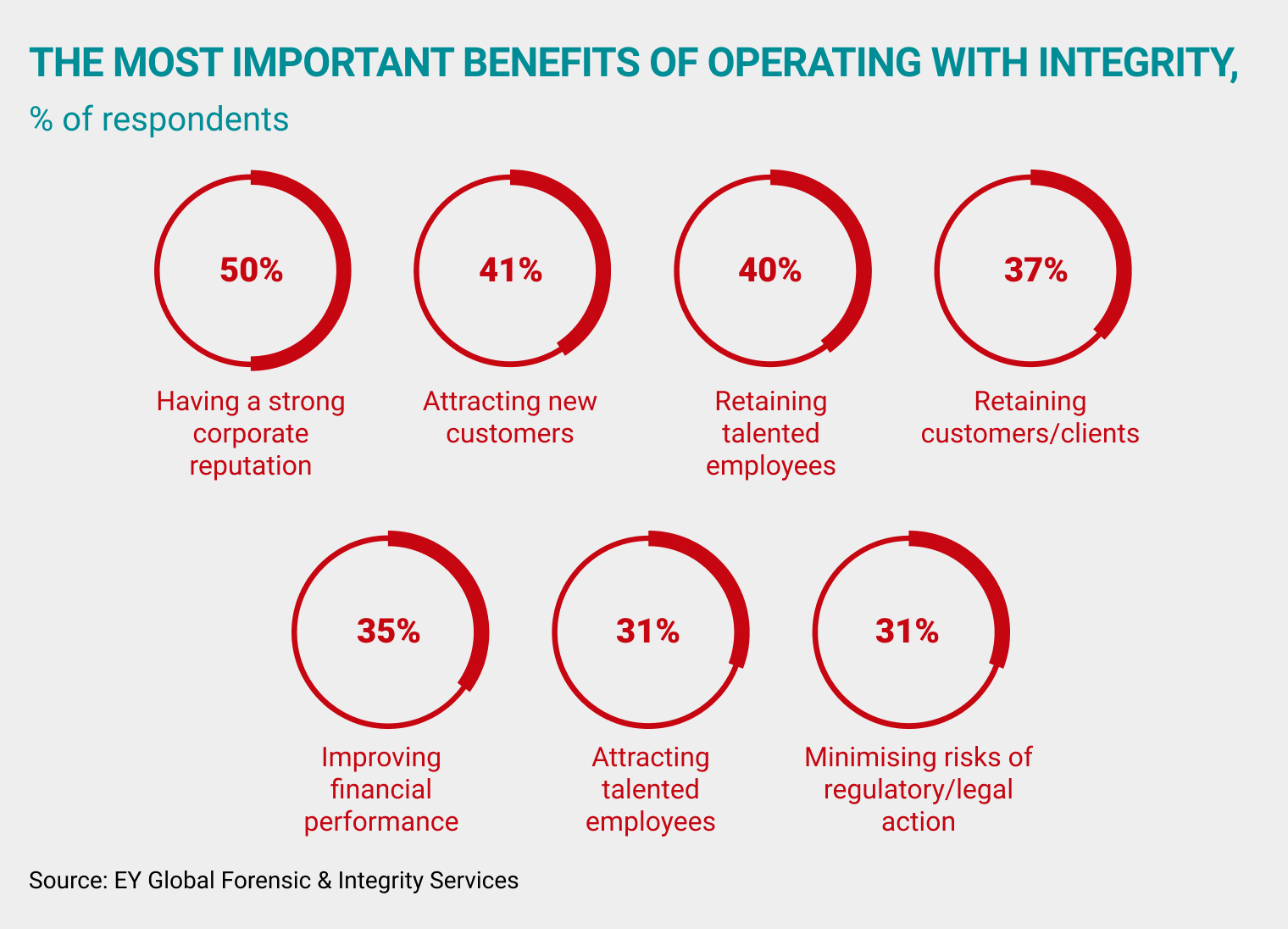
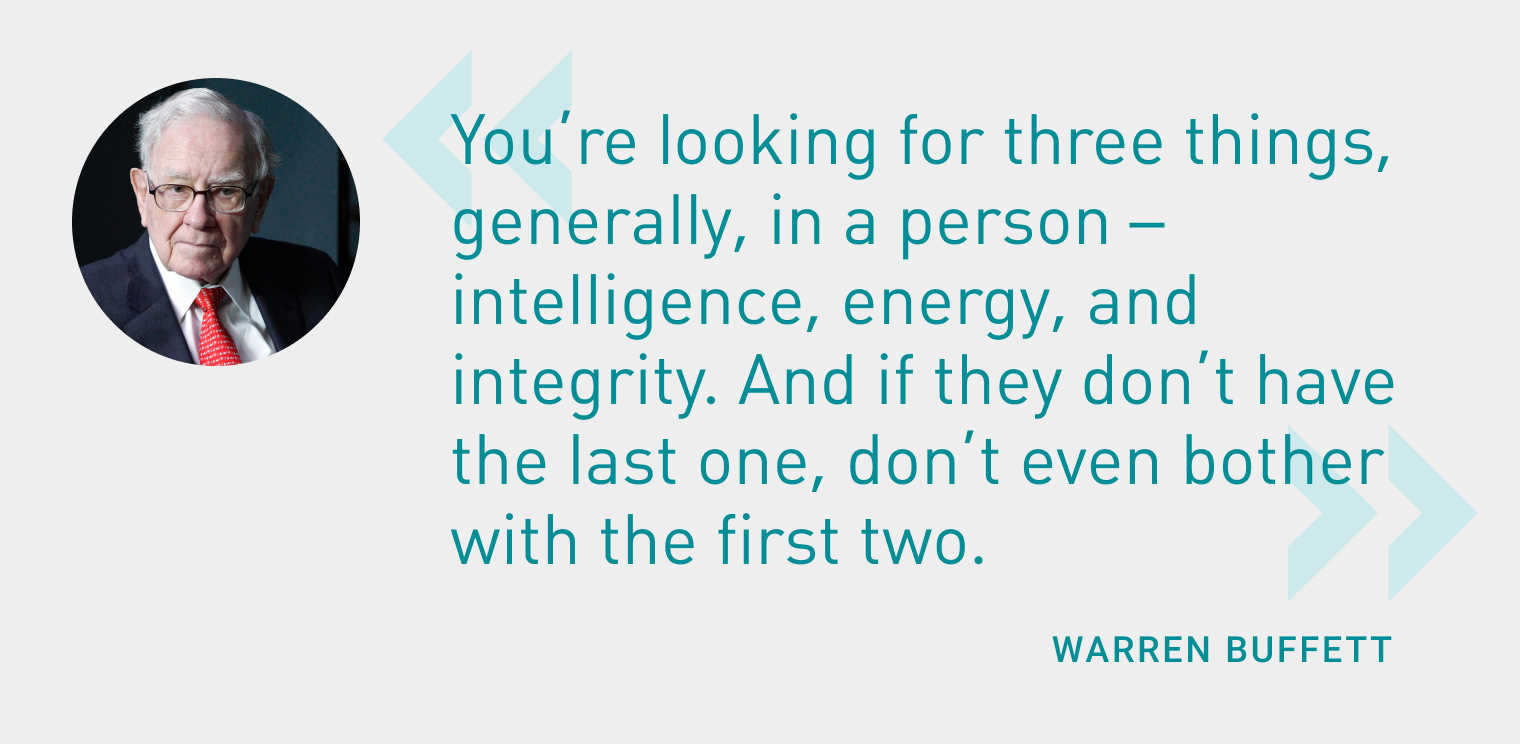
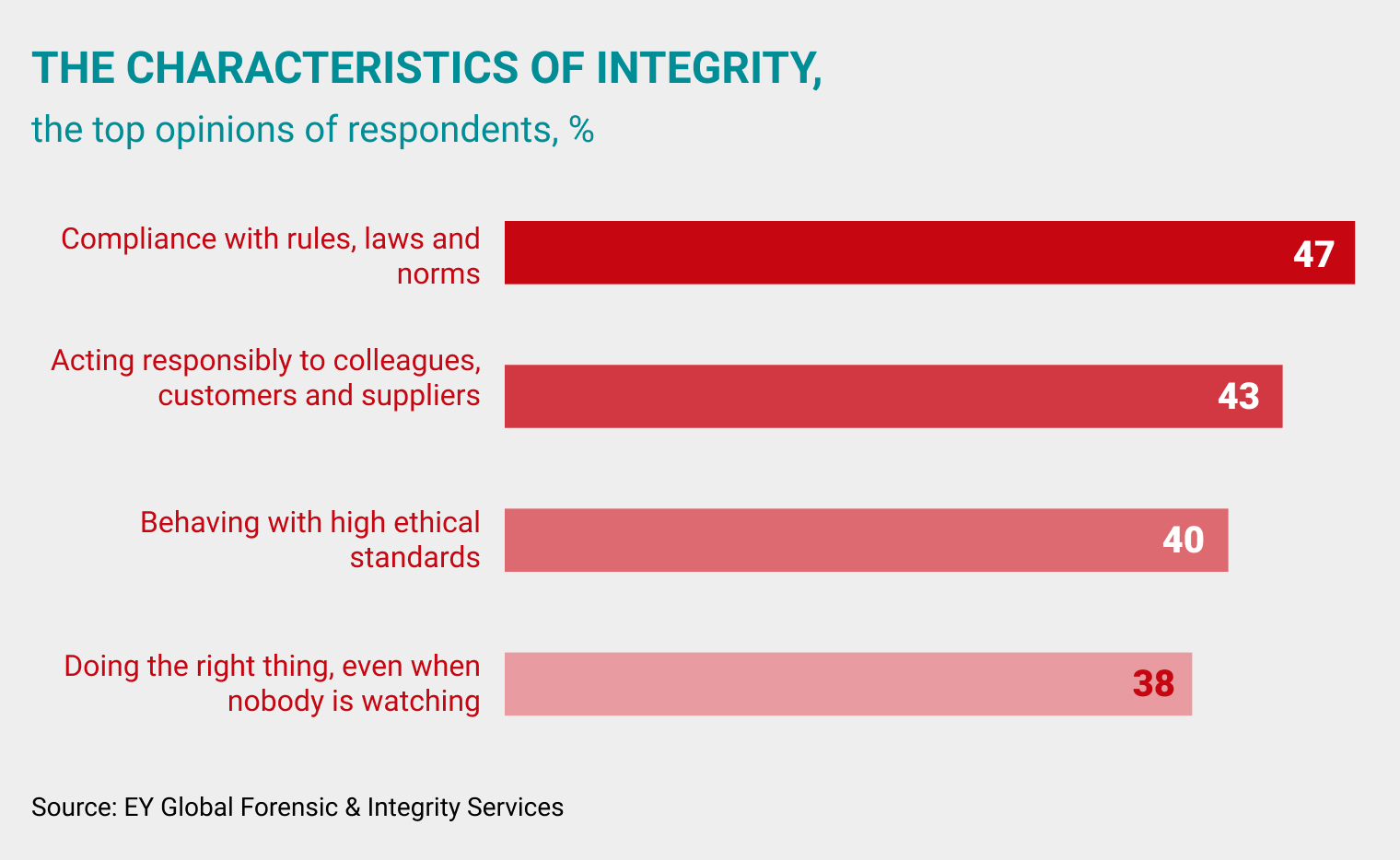
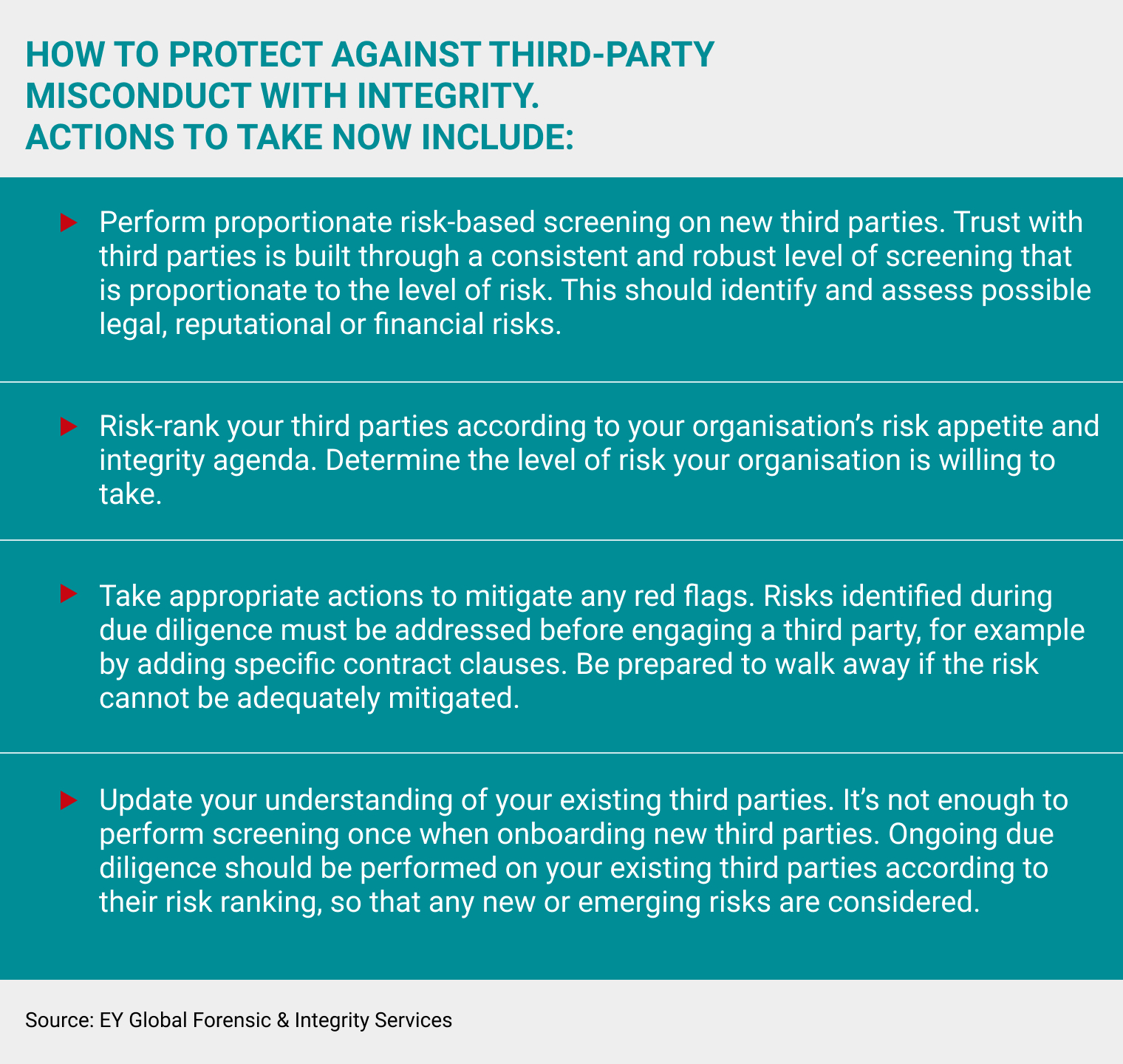
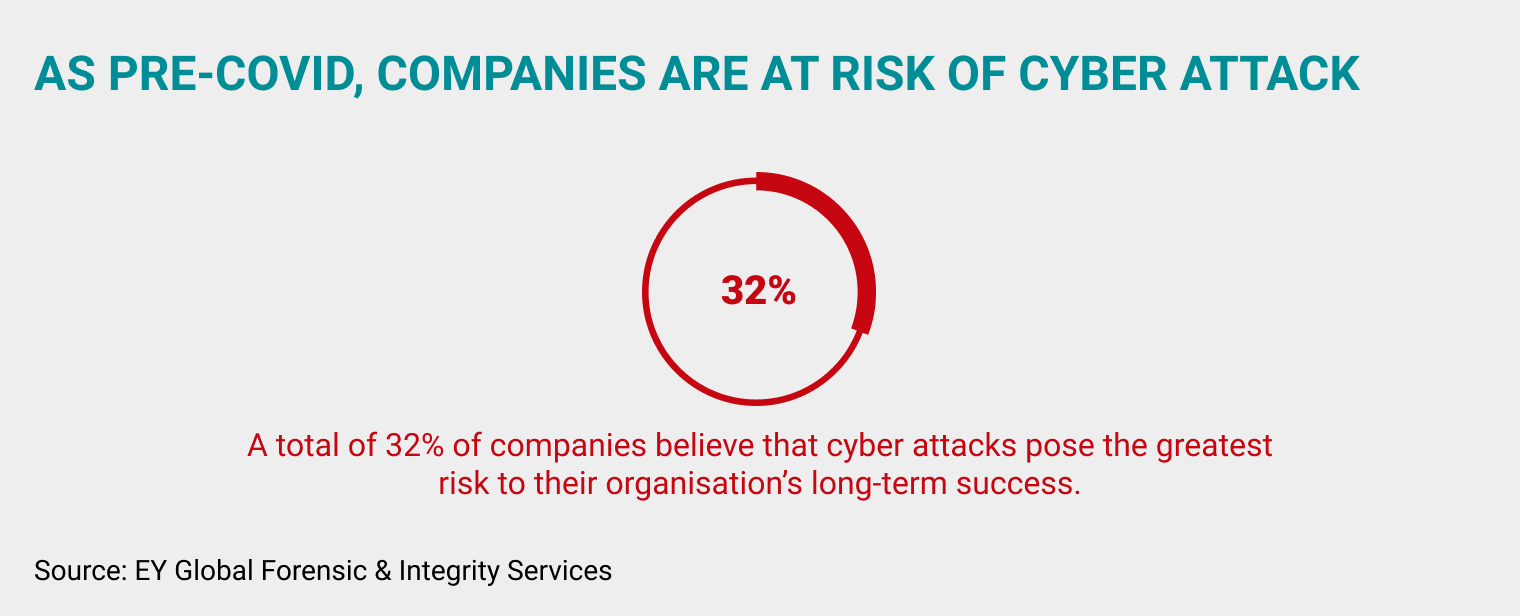

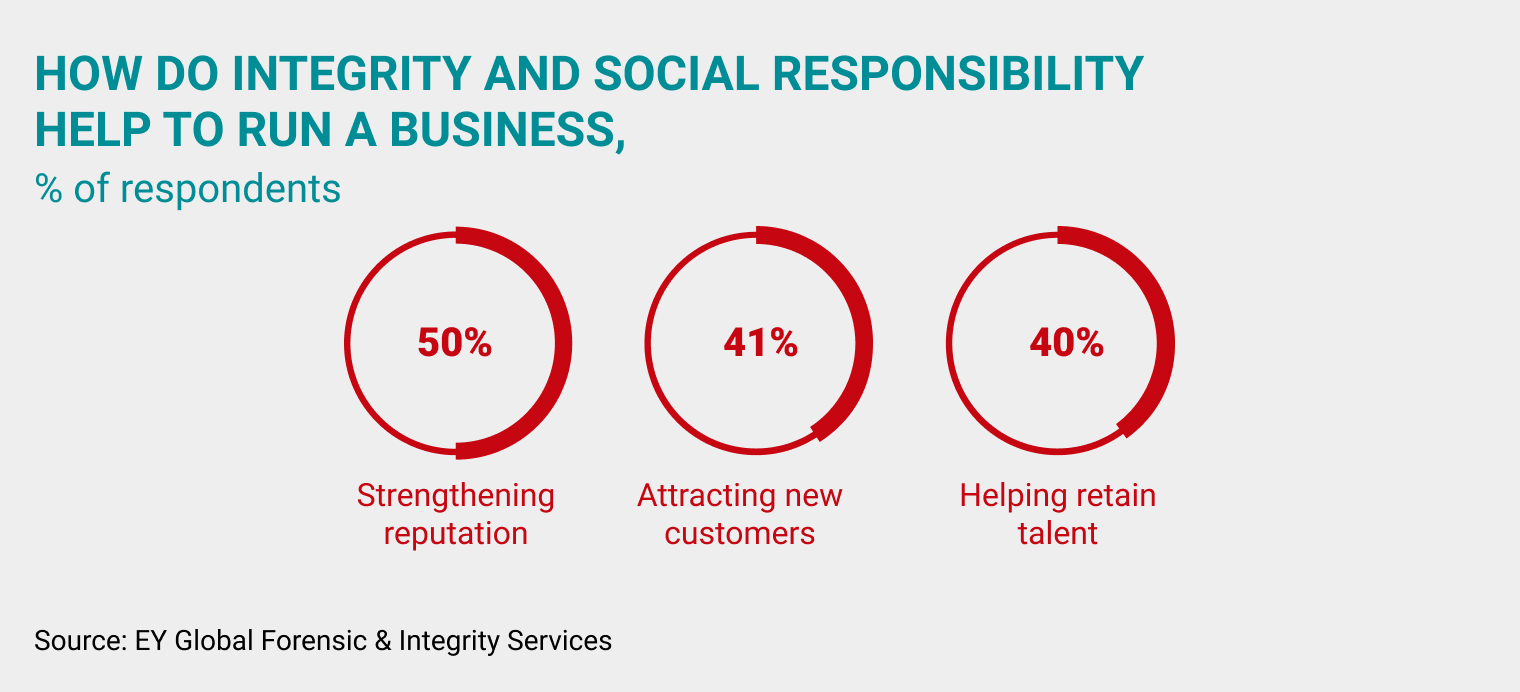






Vladimir Lukin
“Supplier codes of conduct that include mandatory social and environmental requirements are developed both by individual majors and within entire industries.”